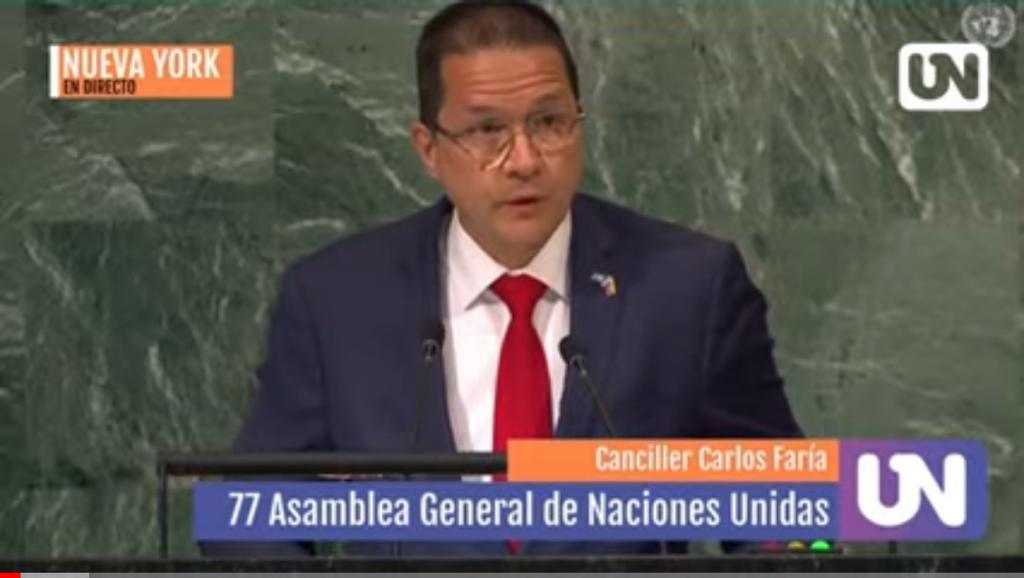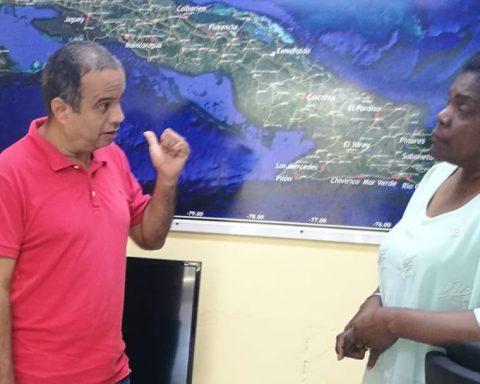The Federal Administration of Public Revenues (AFIP), in just 10 days, carried out various controls in the provinces of Buenos Aires (La Plata, Mar del Plata), Córdoba, Santa Fe and San Juan and managed to locate six crypto farms.
These establishments had more than 3,000 video cards used in mining, the value of which required investments of more than US$3.2 million to acquire, according to estimates by the AFIP.
The cost of energy expenditure implied more than 7 million pesos per month because all the facilities together consumed more than 500 thousand kilowatts of electricity per month. In one of the cases, the cryptocurrency mining farm represented 22% of the electricity consumption of its locality.
In order to detect establishments from the organism Two methods were mainly used: The first was to verify the purchases of video cards that the secondary cryptocurrency exploitation market usually has, more than gaming or design.

The second was to cross own data with energy consumption data because these farms consume a lot of electricity.
Declarations of the holder of AFIP
Carlos Castagneto, director of AFIPdedicated a few words to what was the first time that the organization included cryptos: “we included in the analysis for the first time the economic phenomenon of crypto assets, so it should not attract attention that our organization supervises the so-called ‘farms’, doing systematic and face-to-face inspections in conjunction with Customs, the DGI and social security”.

To these statements he added: “Since I took office I challenged myself to go out and expand the taxpayer base and not always be controlling inside the fishbowl. For that, we began to work hard on the creation of risk matrices and the exploitation of the great reservoir of data that we have”.
In the words of Castagneto, The current objective of the AFIP is not to minimize or persecute the activity of the farms, but to provide advice on tax obligations to all these new economic actors, since “an active policy on the part of the State implies greater opportunities for all in equal conditions”, he clarified.


















